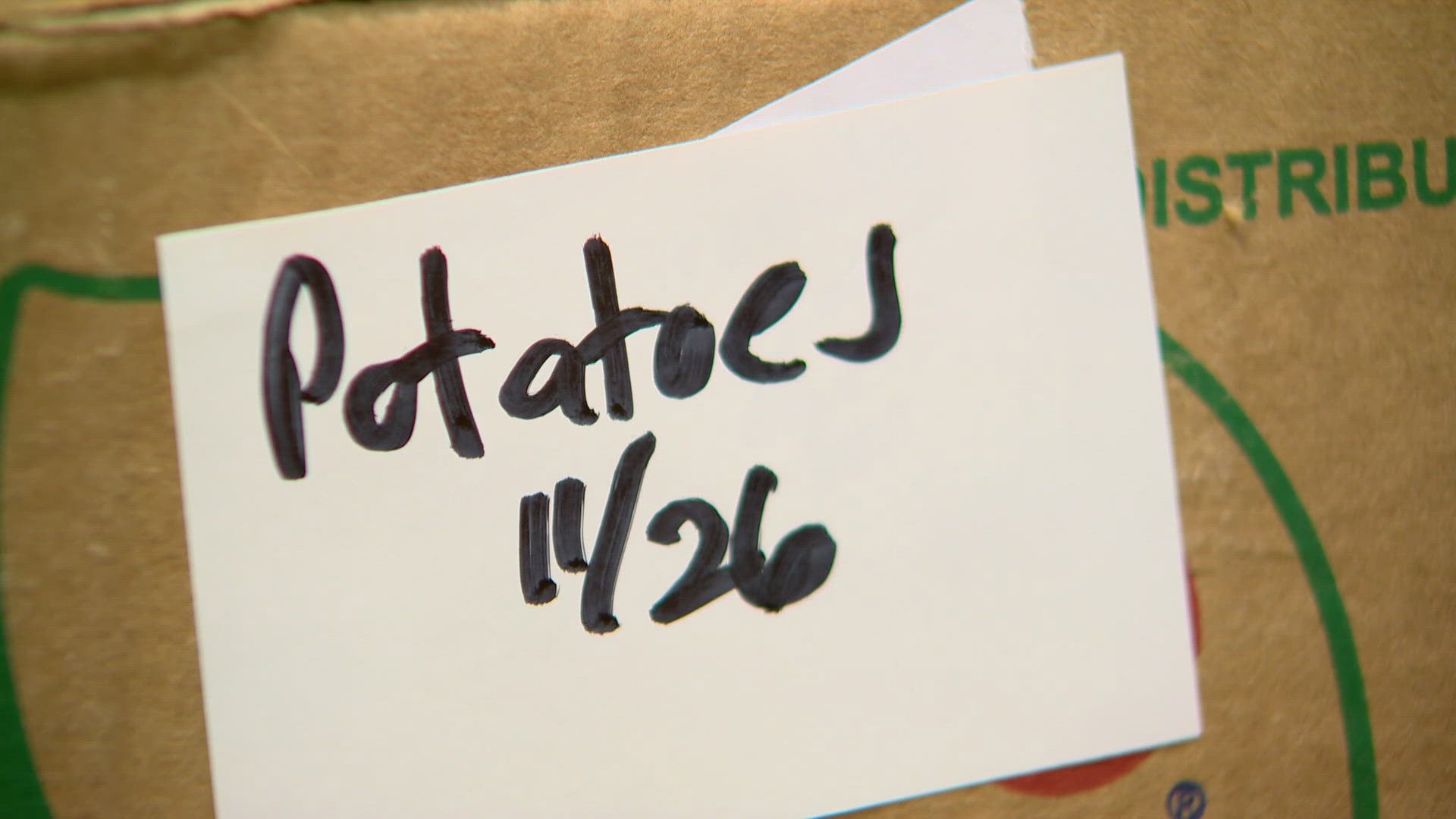PULLMAN, Wash. — A team of researchers may have found a way for people with celiac disease to eat wheat again. They created a new type of wheat by adding an enzyme to its DNA that breaks down proteins in wheat that causes the body’s immune response when someone has celiac disease.
According to the Celiac Disease Foundation, “celiac disease is a serious autoimmune disorder that can occur in genetically predisposed people where the ingestion of gluten leads to damage in the small intestine. It is estimated to affect 1 in 100 people worldwide.”
The only treatments for celiac disease is to avoid food that has gluten, which includes anything made with wheat or taking an enzyme supplement at mealtimes. For some people, even seemingly small amounts of gluten can cause adverse reactions like nausea and cramping.
The study began at Washington State University where researchers first created the new wheat genotypes and includes scientists from Clemson University and Chile, China and France.
One of the enzymes in the new type of wheat comes from barley and from a bacterium called Flavobacterium meningosepticum. The two enzymes break down gluten proteins in the human digestive system, and experiments found that they reduced the amount of indigestible gluten by as much as two thirds.
The new wheat could prevent reactions from cross-contamination with regular wheat too.
“By packing the remedy to wheat allergies and gluten intolerance right into the grain, we're giving consumers a simpler, lower-cost therapy. We're also reducing the danger from cross-contamination with regular wheat, as the enzymes in our wheat will break down that gluten as well,” said lead author Sachin Rustgi, assistant professor of molecular breeding at Clemson University and adjunct assistant professor with WSU's Department of Crop and Soil Sciences.
Although the new wheat is still being researched, it could be a promising diet alternative to millions of people living with celiac disease or otherwise cannot eat gluten.



